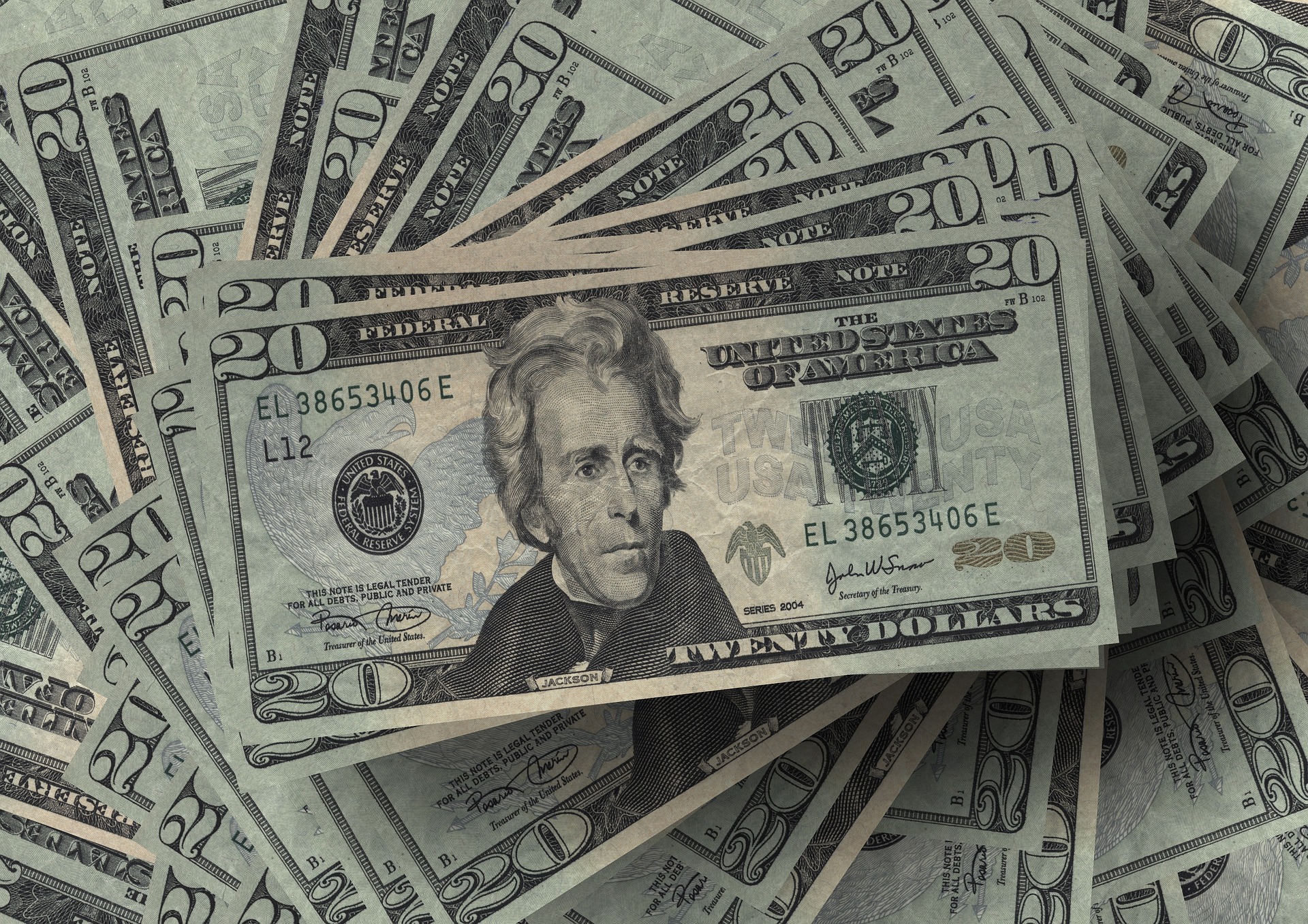Thailand has been actively regulating the cryptocurrency market to ensure investor protection and to prevent any illegal activities related to digital assets. The government has taken measures to legalize cryptocurrencies and regulate cryptocurrency exchanges, leading to a growing interest in the market. In this article, we will discuss the current cryptocurrency regulations in Thailand and the potential future of the market.
Crypto Rules in Thailand
In May 2018, the Thai government introduced the Digital Asset Act, which regulates digital asset transactions and cryptocurrency exchanges. The act requires that all cryptocurrency exchanges in Thailand register with the Securities and Exchange Commission (SEC) and meet certain standards to ensure investor protection. The SEC also has the authority to monitor and inspect cryptocurrency exchanges to ensure compliance with regulations.
Furthermore, the Thai government has implemented a 15% withholding tax on capital gains and returns from cryptocurrency trading. In addition, any profits made from cryptocurrency trading must be reported to the Revenue Department for taxation purposes.
Below, are some important events related crypto rules in Thailand:
On January 25, 2022, GlitzKoin announced its upcoming entrance into the Thai crypto market. The move comes as Binance, the world’s largest crypto exchange, partnered with Gulf Energy, a Thai billionaire’s energy giant, to establish a crypto exchange in response to Thailand’s rapidly growing digital infrastructure.
In an announcement made on February 10, 2022, Thai regulators stated that citizens are no longer permitted to use crypto to pay for goods and services. The move is aimed at bolstering Thailand’s financial system and economy.
On January 13, 2022, Thailand’s revenue department revealed its plan to impose a 15% capital gains tax on crypto trading and mining profits. The government is expected to provide further details and clarification for local crypto businesses on January 20.
Crypto Future in Thailand
Thailand has shown a growing interest in blockchain technology and has become a hub for blockchain startups. The government has introduced initiatives to support the development of blockchain and cryptocurrency, such as the Thailand Blockchain Community Initiative, which aims to promote blockchain technology and create a supportive environment for blockchain startups.
In addition, the Bank of Thailand is working on developing its own central bank digital currency (CBDC), which is expected to be tested in 2022. The CBDC will be used for interbank transfers, with the aim of reducing transaction costs and increasing efficiency.
Thailand’s cryptocurrency market is still relatively small compared to other countries, but the government’s efforts to regulate the market and support blockchain development are expected to lead to future growth. The increasing adoption of cryptocurrencies by businesses and consumers alike also indicates a positive future for the market.
Moreover, Thailand has become a popular destination for cryptocurrency businesses due to its relatively lenient regulations and low operating costs. This has attracted foreign investment and helped to boost the country’s economy.
Conclusion
In conclusion, Thailand’s cryptocurrency regulations are designed to ensure investor protection and prevent illegal activities related to digital assets. The government’s efforts to support blockchain development and its plans to introduce a CBDC indicate a positive future for the market. With increasing adoption and interest in cryptocurrencies, Thailand’s cryptocurrency market is expected to continue to grow and attract more foreign investment in the future.
More News About Crypto : NEWS
Follow our Twitter : https://twitter.com/DinoDapps




